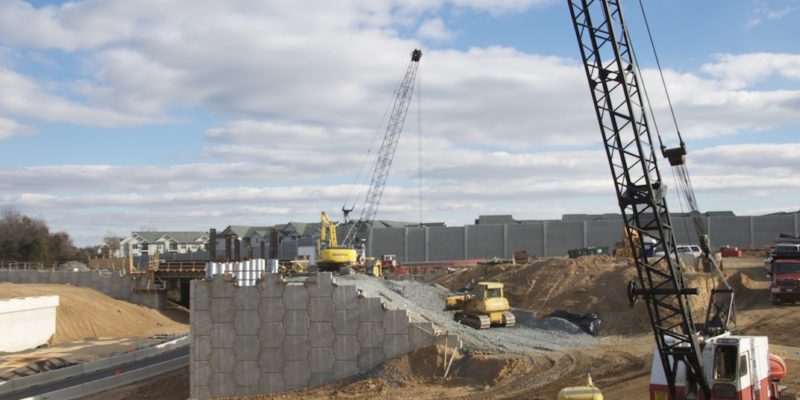Center for American Progress
April 22, 2019 at 9:03 AM
Advancing a large-scale plan to rebuild America’s crumbling roads and bridges is at the top of many federal lawmakers’ 2019 agenda…
Equally important, lawmakers must ensure that any major infrastructure investment also helps secure the nation’s long-term prosperity. This means that the jobs supported by the plan must pay fair wages, provide good benefits and a voice on the job, and offer American workers from all walks of life a pathway to the middle class.
Over the past century, pro-worker lawmakers have sought to uphold the basic guarantee that government spending will create good jobs. This has been accomplished through a variety of measures-such as prevailing-wage and benefits laws that ensure workers receive fair compensation, as well as protections to prevent discrimination, support equal pay, and ensure that workers are able to exercise their right to form unions. Yet it is far from guaranteed that the jobs created through the infrastructure plan will be good ones.
…
Without adequate job quality protections, jobs funded through any new infrastructure investments could be of low quality, pay substandard wages, provide too few opportunities for advancement-particularly for women, people of color, and other historically disadvantaged communities-and do little to correct the decades long problem of stagnating U.S. wages.
Weak job standards not only harm American workers but also put responsible businesses that pay fair wages and respect employees at a competitive disadvantage. Moreover, research finds that when corporations receiving government contracts pay poverty wages or violate workplace laws, they often deliver poor-quality products to taxpayers and require taxpayers to bear hidden costs through federal and state governments’ provision of services to supplement workers’ incomes, such as Medicaid, nutrition assistance, and refundable tax credits.





